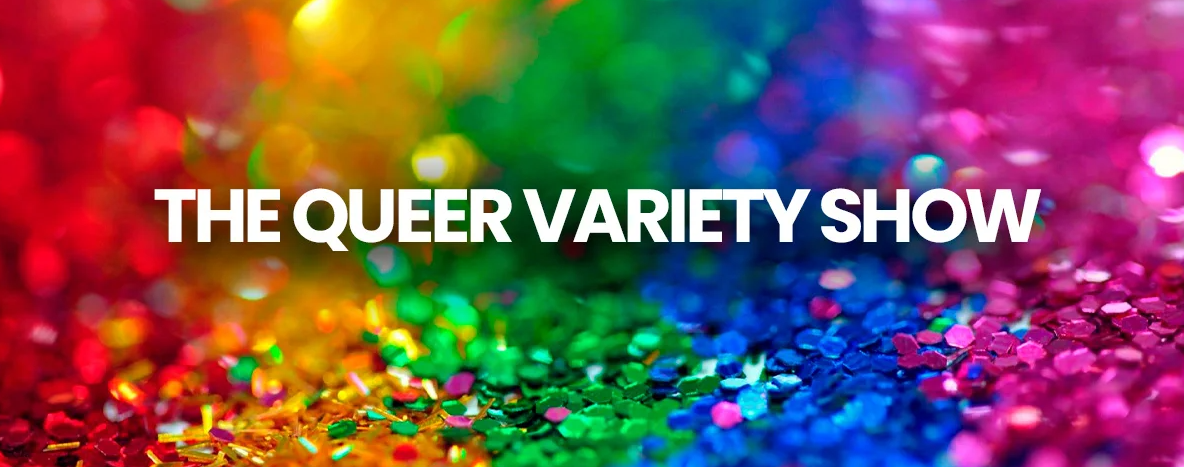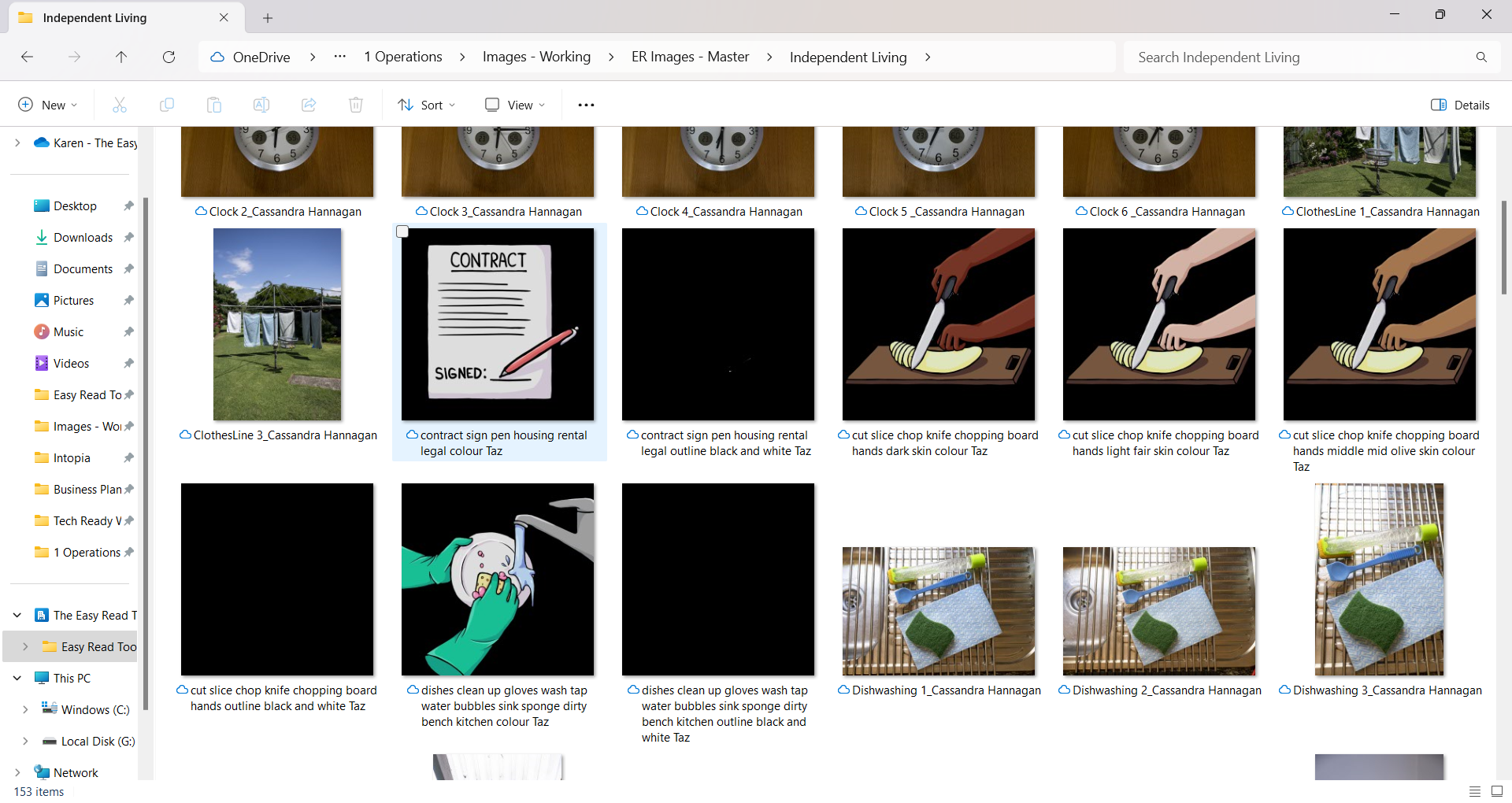A Fair Go?
Australia is portrayed as an egalitarian society - meaning that everyone gets a fair go. But do they?
What is the Support Wage System
The Supported Wage System (SWS) allows employers to pay disabled employees less than the full minimum wage if their capacity is assessed as being less than 100%. For example, if they are assessed as having a capacity of 70% then they will receive 70% of the minimum wage.
The Department of Social Services states “The SWS was designed to address the barriers to employment in the open workforce faced by people with a disability whose productivity and employment competitive are reduced because of their disability”. It also states that the goal is that eventually they will improve or reach 100% productivity, enabling payment of the full minimum wage.
However, very few of them reach the full minimum wage. The majority of those on the SWS are employed by Australian Disability Enterprises (ADE), previously known as sheltered workshops. There are around 600 ADE who provide supported employment for those with moderate to severe disability, separate to the mainstream workforce.
The SWS is unfair
In practice, this means that some people are being paid less than $3 per hour – 12 times less than the national minimum wage of $24.10. So, a company could hire 12 people with disabilities for the same cost as 1 person without disability.
Until very recently, disabled people were also legally paid less superannuation due to an outdated law.
Whilst the Disability Discrimination Act 1992 makes it illegal to discriminate against disabled people, disabled people face high levels of inequality and poverty. And in some cases, this discrimination is legally allowed. Little impact has been made to reduce this inequality for disabled people in Australia in the last 3 decades.
The SWS is a legalised form of wage discrimination, where wages equivalent to slave labour are allowed. Both the segregation of ADE and sub-minimum wages were called out by the Disability Royal Commission as unacceptable. They recommended that the government phase these out, integrate the workforce and pay everyone a fair wage.
Australia’s political philosophy has changed
In the 1980s and 1990s Australia moved from an egalitarian society, to a neoliberal one, which promotes choice, individualism and deregulation. Whilst politicians tell us that we are a generous society, because we provide welfare payments to those in need, our welfare payments are so low that they actually contribute to poverty.
The narrative of shame of disability is strong in neoliberalism capitalist society. Disabled people are perceived as a burden on society, and one, they say, that our society and economy cannot afford. The recent rhetoric around the unaffordability around the NDIS (which is only accessed by approx. 15% of disabled people) and the DSP (accessed by around 18% of disabled people) has reminded disabled people of the uncertainty around supports for their basic needs.
Managers are underprepared to make workplace adjustments, and disabled people are often reluctant to ask for workplace adjustment, fearing stigma and discrimination. Through the lens of neoliberalism and the medical model, the focus is on broken individuals to improve themselves, meaning that disabled people must be upskilled to gain employment. Additionally, capitalism has meant that work has intensified, and companies justify everything to honour the bottom line. Workloads and the pace of work have increased, with more people experiencing higher physical exhaustion and mental stress. This also disproportionately impacts disabled people’s ability to work.
The Social Model of Disability
The social model of disability believes that societal barriers cause disability, rather than a person’s condition or impairments. There are many barriers in the workplace and in society, and if they were addressed, they would make it significantly easier for disabled people to engage in employment. Barriers such as increasing physical and digital accessibility and addressing attitudinal barriers of employers and managers should be addressed.
What can you do:
- Join a grassroots campaign
Unfortunately, despite this issue having much publicity, 85% of people are unaware that disabled people are legally paid sub-minimum wage. The Royal Commission into Violence, Abuse, Neglect and Exploitation of People with Disabilities has sparked grassroots campaigns to bring this issue back to light.
You can get involved in these campaigns, for example, like the Down Syndrome Right to Work Campaign - Make your vote count this election
Despite being close to the end of this election campaign, disability has been largely invisible in the election. However, there are Independents and other parties who have policies that include abolishing the Supported Wage System. You can see how your local politicians and parties align with your views through using the Vote Compass Tool. This election, make your vote count for disabled people. - Support Disability Led Businesses
Specifically, those who pay disabled people at or above award wage.
In addition to paying a fair wage, these businesses often spend significant amounts of time and effort into supporting their employees. These businesses are at the forefront of inclusive employment practices. Many of these provide services to disabled people, so purchasing them from them helps promote economic equity.
At the Easy Read Toolbox, which is disability led, we firmly believe in equitable wages. The majority of people who are hired have disabilities and all are paid at or above minimum wage or have negotiated fair contracts. Accommodations are made for disabled people to allow for safe, flexible and equitable working spaces.
You can use this directory to find disability led businesses near you
Readings that informed this blog:
Australian Council of Social Service. (2024). Poverty in Australia: Facts and Solutions. https://www.acoss.org.au/wp-content/uploads/2024/10/241014-ACOSS-policy-solutions-to-poverty-for-Anti-Poverty-Week.pdf
Australian Disability Network Research Report. (2024). Getting Workplace Adjustments out of the “too hard basket” [Research Report]. Retrieved from https://australiandisabilitynetwork.org.au/wp-content/uploads/2024/05/Workplace_Adjustments_Research_Report_Accessible_PDF_Version.pdf
Chapman, R. (2023). Empire of Normality: Neurodiversity and Capitalism. Pluto Press. https://doi.org/10.2307/jj.8501594
Department of Social Services. (n.d.). The Support Wage System. Retrieved from
Kayess, R. (2024, December 4). It’s time disability reform became an election commitment.
Australian Human Rights Commission.
Retrieved from
https://humanrights.gov.au/about/news/opinions/its-time-disability-reform-became-election-commitment





